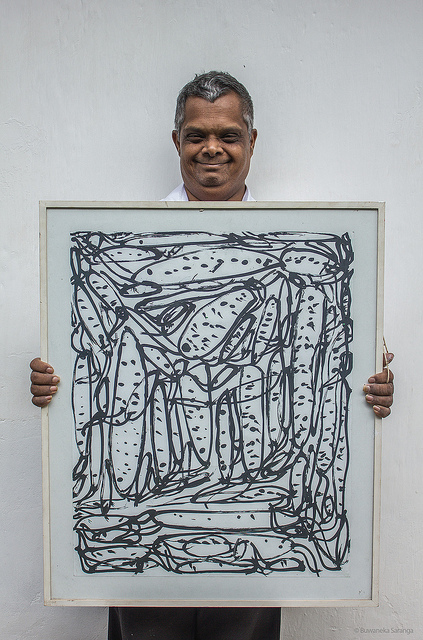By Daniel Jones
“I wish I had Down syndrome.” These words were spoken by a student in a functional skills special education (SPED) classroom that I work in during the day. The student was speaking with another student who has Down syndrome (DS). Like many graduate students, I work multiple jobs while being in school. Claims of the disconnected ivory tower sometimes seem lost on me. In multiple instances, my research on the role of classification in society (regarding discourses of nature, religion, human-being, etc.) and my experiences in the workplace shape one another.
My experiences in the SPED classroom often engage my experiences with the critical study of religion and society. I have found that one helps me think through the other. The above quote was affectionately spoken by a student with cognitive and physical disabilities (without DS) to another student who has DS. Continue reading ““I Wish I Had Down Syndrome:” On Disability, Agency, and Classification”


 My colleagues have discussed on this blog the significance of labels many times, such as labeling something
My colleagues have discussed on this blog the significance of labels many times, such as labeling something